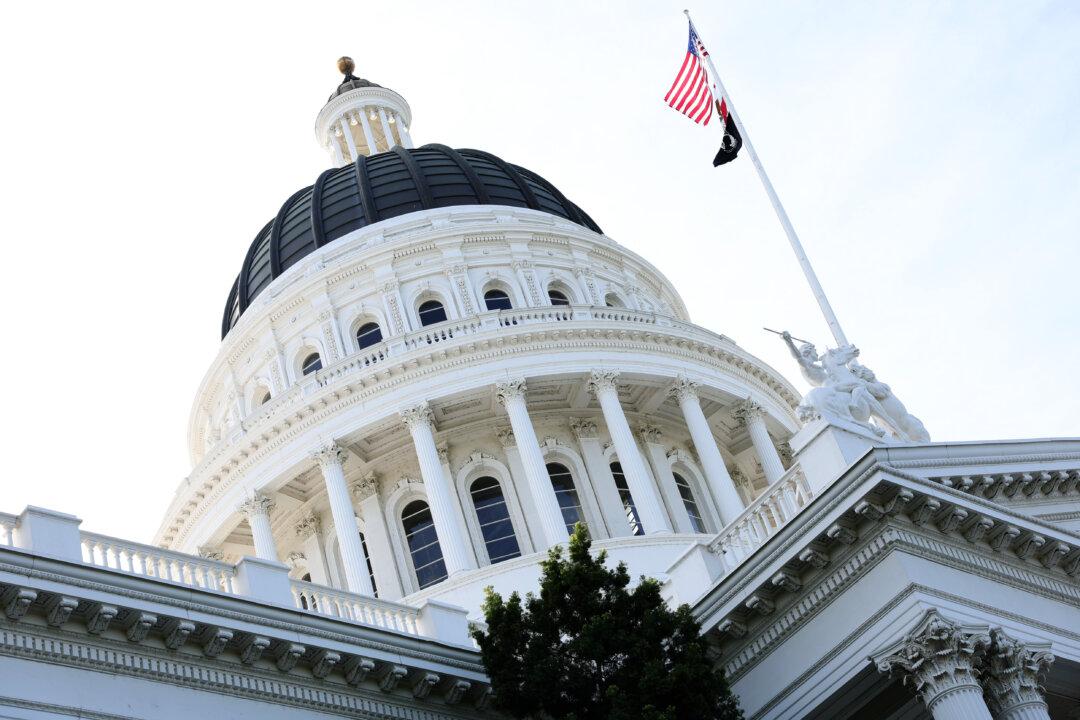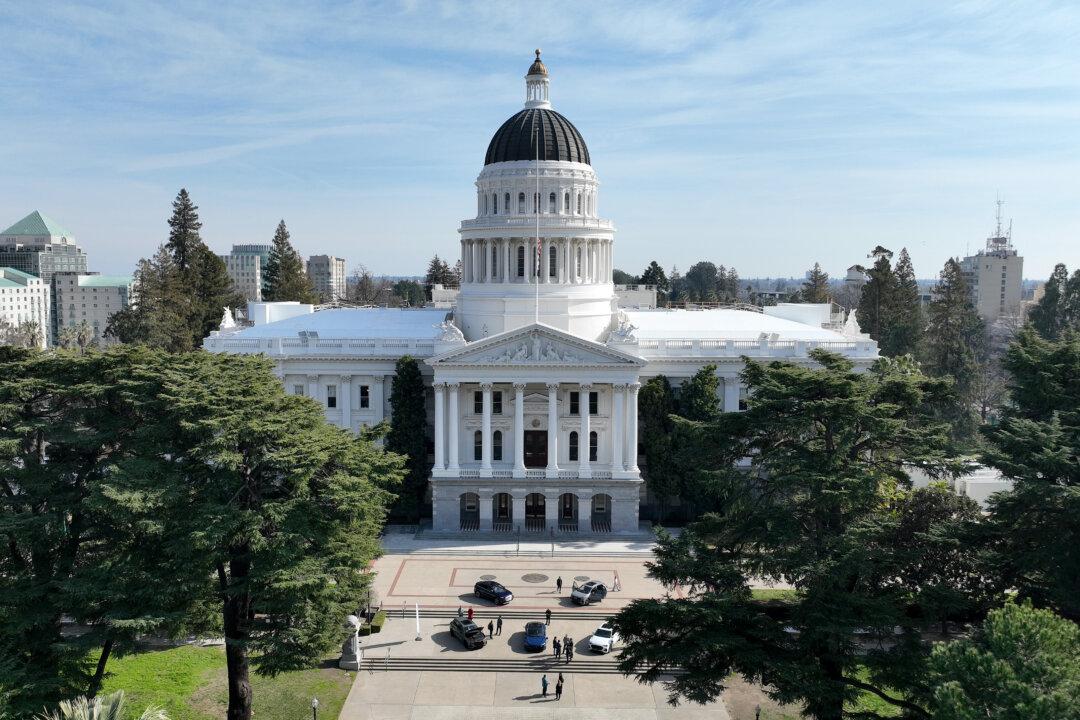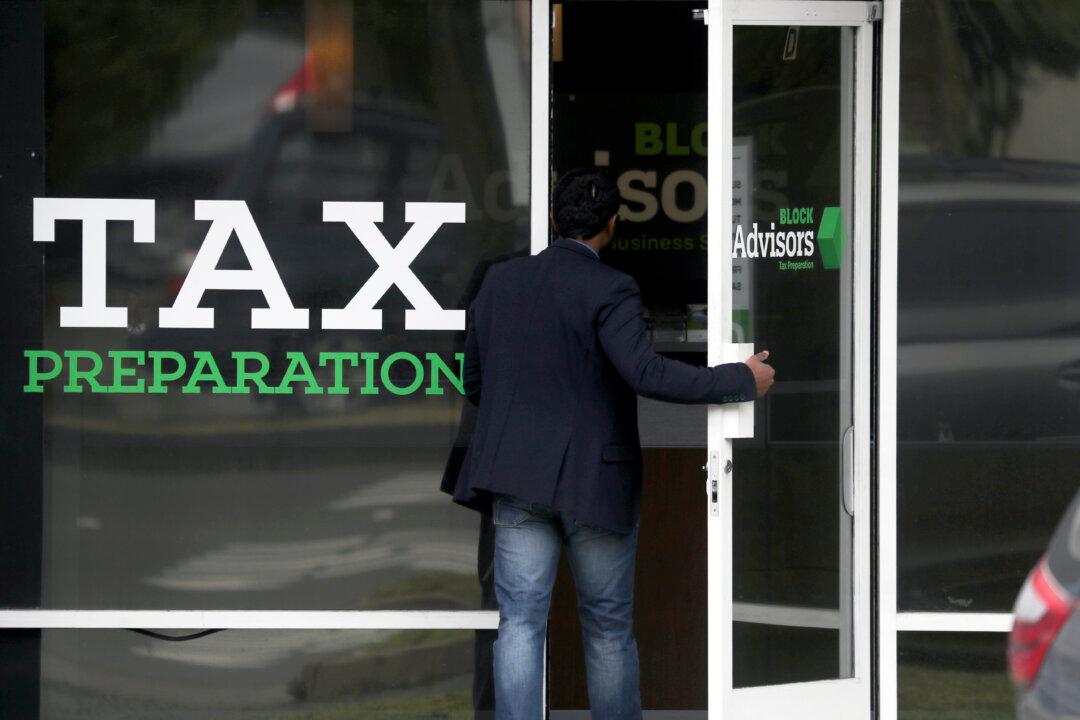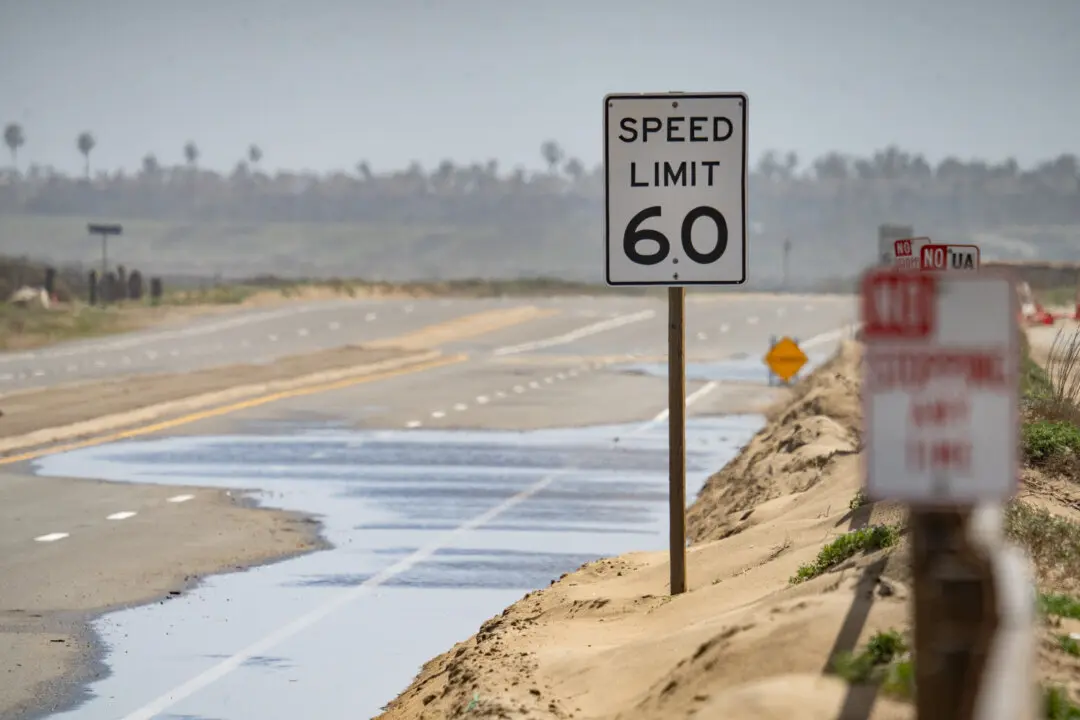California is currently the only state that taxes veterans’ retirement income, and state lawmakers have initiated a new bipartisan effort to change that.
Two companion bills, Senate Bill 1 and Assembly Bill 53, are seeking to provide military veterans with some financial relief by granting state tax exemptions on up to $20,000 of their federal pensions if they make less than $125,000 a year.





